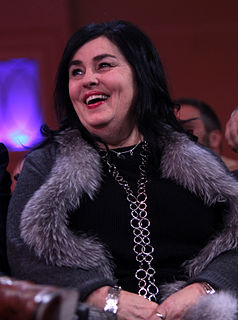A Quote by Sherry Turkle
There are moments of opportunity for families; moments they need to put technology away. These include: no phones or texting during meals. No phones or texting when parents pick up children at school - a child is looking to make eye contact with a parent!
Related Quotes
Training moments occur when both parents and children do their jobs. The parent's job is to make the rule. The child's job is to break the rule. The parent then corrects and disciplines. The child breaks the rule again, and the parent manages the consequences and empathy that then turn the rule into reality and internal structure for the child.
I pity the babies whose mothers are busy texting trivialities instead of playing with their children; I pity the children who are tethered to their cell phones instead of playing ball; I pity the adolescents who are wasting their best years holding one of those artefacts instead of the hand of another young person.
When you first start photographing a show or being into photography, you might think it's cool to see people with their phones, like, 'It's so novel; everyone cares about this moment so much,' but then it becomes... trite, y'know, and shallow. I think the best moments of my life have been spent without phones.
In my carjack I immediately knew not to resist. I put my hands up, I didn't make eye contact, I didn't speak with them, I didn't argue with them, and he searched me - I knew he was going to search me, because I was told they would probably search you for phones or keys. I think once you expect something it's not as scary.




































